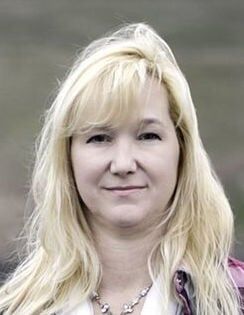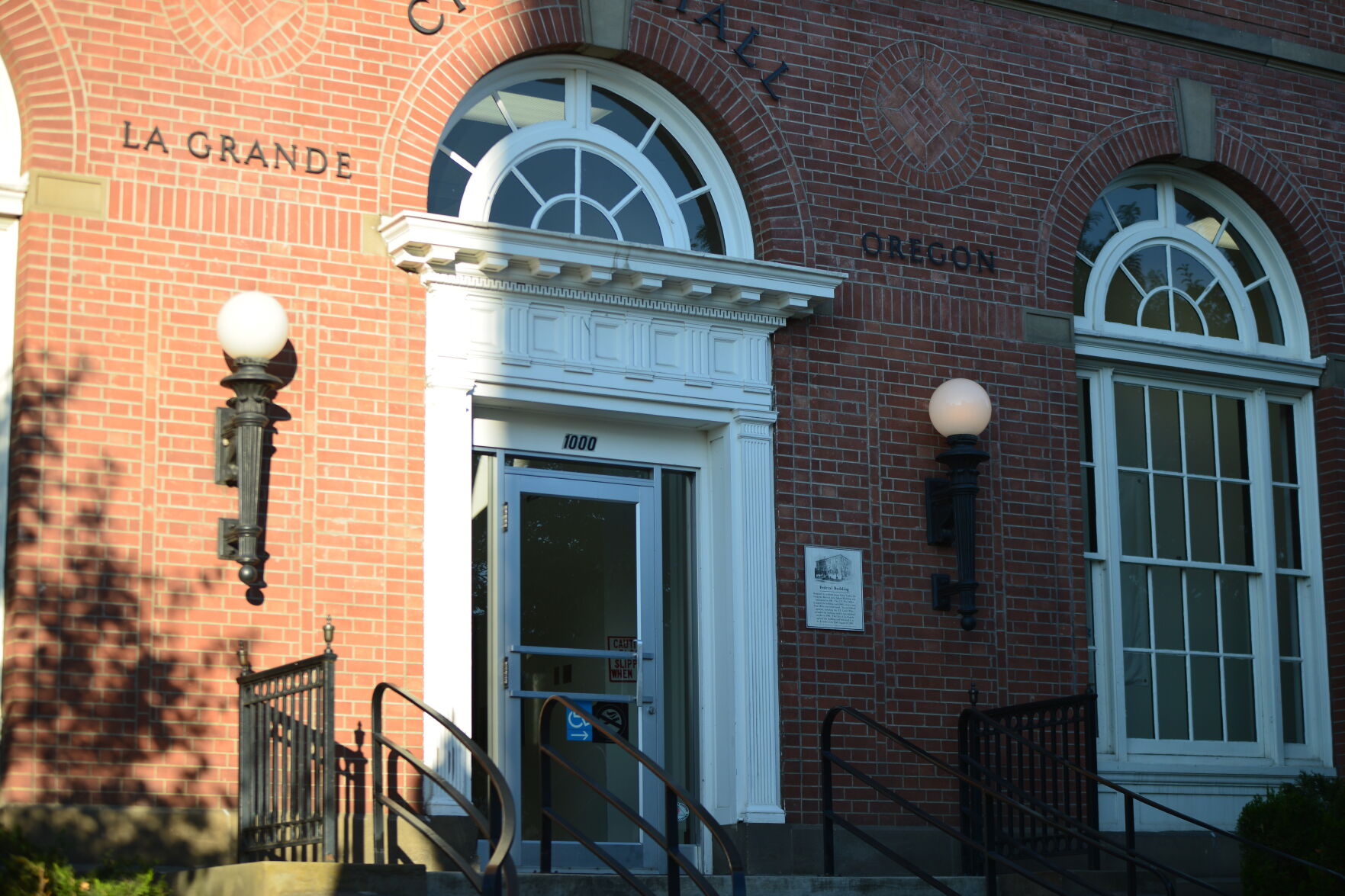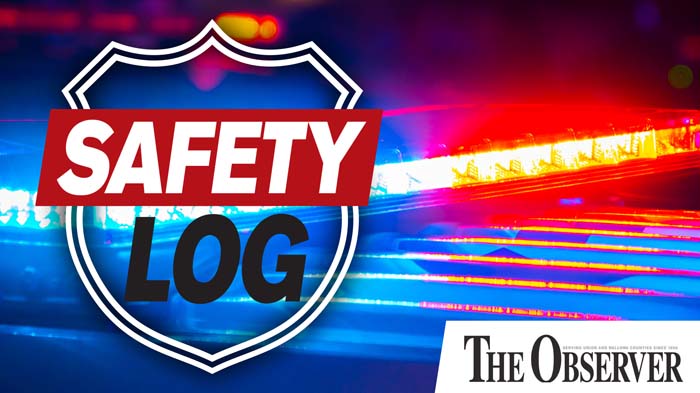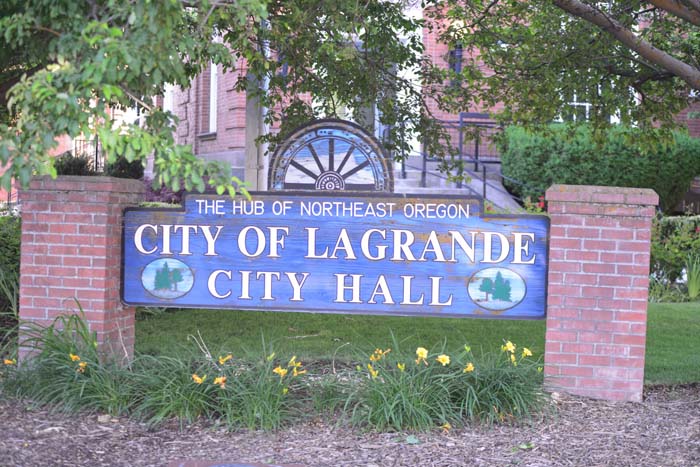Peer-support Oregon Warmline needs a lifeline
Published 11:00 am Thursday, August 31, 2023

- Lindsay
PENDLETON — Community Counseling Solutions in March announced its peer-support warmline program, the David Romprey Oregon Warmline, would expand to 24/7 availability and include Spanish language services. In six months, that all could come to an end.
The warmline was able to expand in the spring due to an increase of $2.6 million in funding from the Oregon Health Authority. Prior to this, the peer-support line was operating 15 hours a day, seven days a week. However, OHA in August notified Community Counseling Solutions it would reduce the funding to $1.1 million. When Umatilla County Commissioner John Shafer — also a CCS board member — caught wind of this, he knew he had to jump to action.
“We were told they were going to shut it down,” he said. “I wasn’t satisfied with that, so I made a whole bunch of phone calls. We had a meeting. We were going to have to tell the warmline staff about the impending layoffs at 4 o’clock and at 3:15 p.m. I finally did a hail Mary phone call to the director of the OHA. He responded about 15 minutes later with an extra six months of funding.”
While another six months of funding is a good thing, it still leaves CCS in a lurch. Trying to secure funding to run a statewide program is no easy task, but Shafer is working on ways to make it happen. He said he has been talking with Sen. Elizabeth Steiner, D-Portland, who is hopeful there could be funds out of the 2024 short legislative session.
“We are going to get the funding even if that mean something like getting Sen. Steiner to carry a bill through the legislative process,” Shafer said.
CCS boss weighs in
Community Counseling Solutions Executive Director Kimberly Lindsay said the decrease in funding from the OHA seems contraindicated in light of the complex behavioral health issues Oregonians are facing.
“It has become an integral piece of Oregon’s community mental health system,” she said. “The recent expansion that moved it to 24 hours and the addition of a bilingual line, the call volumes and costs savings have increased significantly. I really hope that leaders in Oregon can come together to find a solution for funding a warmline.”
CCS started the warmline in 2005.
“When a person calls the warmline we ask them five questions,” Lindsay explained. “We’ve been asking those same five questions since we started it. One of the questions is ‘If the warmline was unavailable to you to get the help you need what would you do?’”
People usually give similar answers, such as call law enforcement or make a visit to the emergency room or urgent care.
“Each year we determine what the average cost for each of those services will be. If someone calls in to our call center and were to say, ‘I would go to the ER,’ that enters a cost. So if the average cost of an ER visit would be $1,200, then it is $1,200,” Lindsay said.
Last quarter’s report that CCS shared with the state showed those savings totaled to $6.3 million.
“That’s why I can’t figure out why the OHA is saying $1.4 million is too much,” Shafer said. “That $6.3 million doesn’t come from their budget, it comes from everyone else’s budget.”
Warmline provides multiple benefits
Warmlines give those suffering a mental health crisis or dealing with mental health issues an option to talk with someone who understands what they are going through and can help deescalate the situation. Calling the warmline could mean a person does not go to a hospital or call police.
Shafer said that can be a boon, freeing up doctors in emergency departments, for example, to help people who broke their arm or are having a heart attack instead of someone who is having a mental health crisis.
A 2022 Associated Press article by Andrew Selsky and Leah Willingham reported in Portland between 1975 and 2020, 72% of the 85 people that police shot to death were suffering from a mental illness, drugs or alcohol or some combination.
Having a state-wide peer support line opens up an opportunity for those suffering a mental health crisis to have other options to turn to. When that warmline operates 24/7 and provides Spanish language services, the number of people that can be helped grows, potentially saving many more lives.
The David Romprey Oregon Warmline has proven its effectiveness through increased call volumes and significant savings for Oregonians throughout the last 18 years, but for how much longer it will be able to operate is still up in the air.
Lindsay said she hopes leaders in Oregon can come together to find a solution for funding the warmline.
While a hotline provides support for those in immediate crisis, warmlines are to provide people with the tools and support to deescalate before they reach a point of needing to call law enforcement or go to the emergency room. Warmlines also provide a safe space for people to talk to someone when they aren’t feeling themselves or might not know why they are experiencing the feelings they are.
Warmlines often are free and staffed by volunteers or paid employees who have experience dealing with mental health issues.
If you or someone you know is struggling with mental health issues, feeling alone or depressed or thinking of self-harm the below resources are available to you.
Oregon Warmline (peer support 24/7): 800-698-2392.
Oregon Linea de Esperanza (disponible a las 24 horas): 800-698-2392.
National Suicide Prevention Lifeline: 988.





